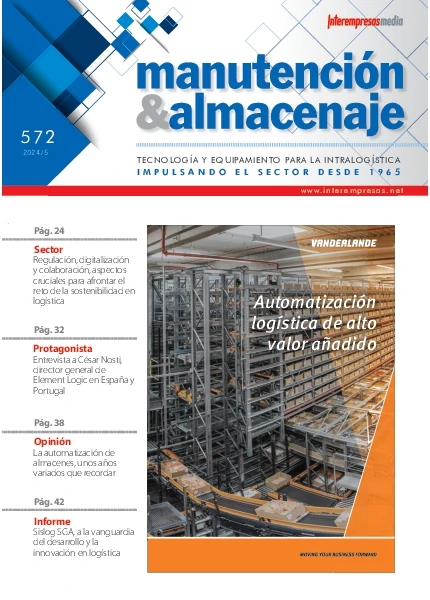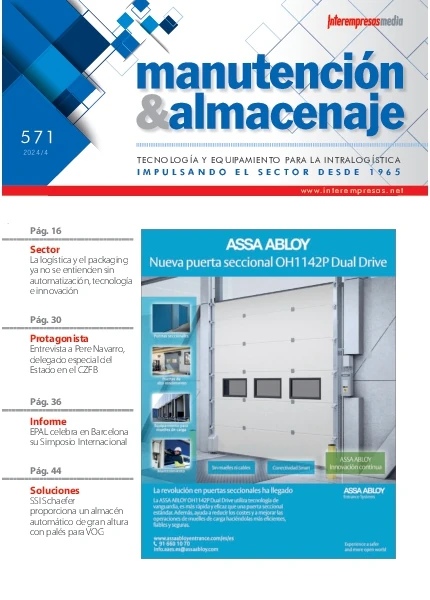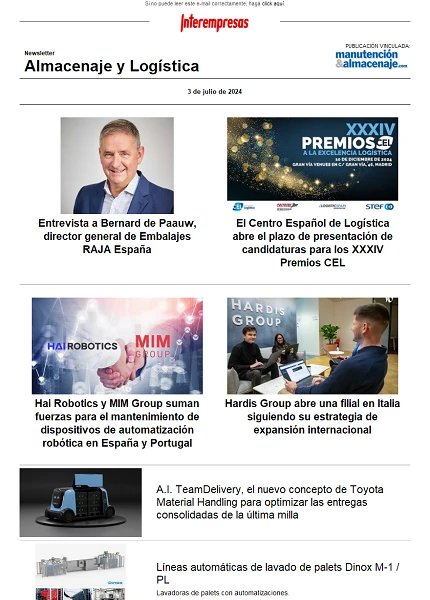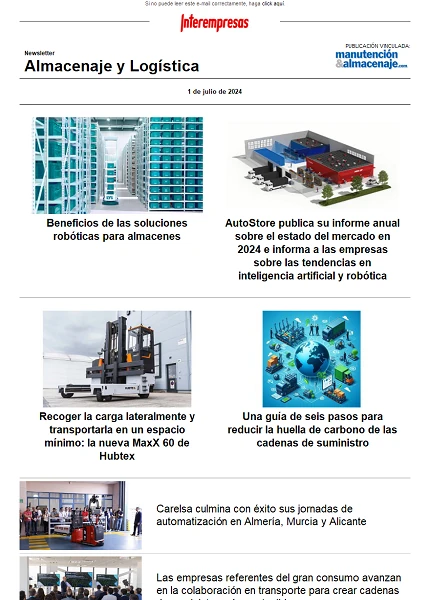Relations between companies, supply chain and profitability
César Castle López, director of Learning
The map of relations of the supply chain
The supply chain like such was cream does a pair of decades and supposed a change of paradigm in the development of the business logistics. It bases in that a company is not alone in front of the market but it depends on the chain in is it integrated . His elder or lower success depends to a large extent of the good service of his providers, and of the providers of his providers, as well as of the success or failure of his customers, and of the customers of his customers.

Therefore we could ask us, is sufficient the individual effort like company to guarantee the success? The emergent competitive surroundings does that the success of the company depend on his capacity of management to integrate inside a same network to all the agents that take part in the chain of supply (or supply chain).
Said chain is not a simple chain of businesses that interactúan between them, but it is a network of a lot of businesses that have multiple relations of diverse complexity. It treats of the integration of the key processes of business, from the final user until arriving to the original providers, already was of products, services and/or information that add value, no only for the customers but also for the stakeholders.
The concept of chain of supply has two orientations differentiated. A first refers to the relation between customer-provider centred on a material, a product semi-elaborated, concrete product or service, that has a basically economic character. The second orientation is the one who considers the complete chain from the primary origin of the materials until the final consumer of the product or service, that presents a more strategic character.
Is the first approach, the one who describes properly the Chain of Supply. It refers to the logistical processes of a global chain that operate on a same material, product semi-elaborated, final product or service. The idea splits that the integral logistics has optimised the total cost. The minimum logistical cost global supra business, will obtain minimising the global integral cost, of the group of logistical processes that take part in the aggregated group of the companies that form the chain.
The second approach is wider. It covers all the logistical chain, from the prime matter base, until the final consumer. It is the chain of value. It answers to a new change in the market that is developing in the last years. Said metamorphosis consists in that, if we want to triumph have to answer with a big speed to a change of demand or to a need of a new service or product.
With this new approximation originates a change in the business strategy of the company. No longer we compete with other companies, become competitors between the different chains. The one who will triumph will be that that generate greater value, or possess more capacity of reaction in front of his opponents.
The outsourcing like business strategy
If we want to be competitive in the surroundings that have described of chains of value and networks of companies, also will have to pose us if we can contribute even more value if it splits of the process it externalizásemos.
Initially, the decision on the outsourcing was quite simple. If it was cheaper to manufacture it we same, produced internally and in contrary case looked for a provider for said menester. In the actuality, the fierce existent competition does that, if the external provider is integralmente cheaper, the decision is to buy as before, but if the internal production is more economic that the external market, the correct decision no always will be the one to manufacture. When we will have to decide externalizar then?
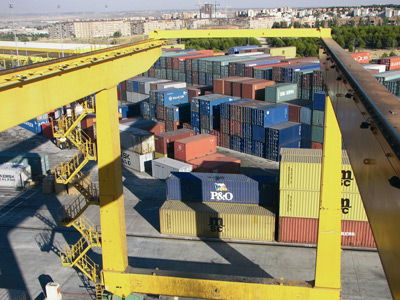
Is simple, when a company compares an activity that develops with the market, in a lot of cases can find solutions that, although they are more expensive, are more profitable, since the reduction of capital that produce contributes to the profitability in greater quantity that the increase of cost.
If we analyse a business activity any one, that internally is more economic in cost that realizar it externamente, will have to value also which is the necessary total capital to realizar said activity. Only it will be interesting to realizar it internally if his profitability marginal in front of the externalización, calculated in base to the profit obtained by the lower internal cost and, to the total capital marginal necessary to realizar it, is greater that the profitability of the company.
Until where we can arrive in the outsourcing
The externalización has turned into an important tool to increase the business profitability and, as all the others, bases more in a reduction of capital that in an increase of profits.
The process of outsourcing retroalimenta constantly. As the described, the consequence of externalizar an activity more derives in a greater profitability, with what the interest by externalizar another additional activity, that initially was better to realizar internally, grows and like this successively. It wants to say this that are abocados to an externalización total of all the activities of the company, what would end in the disappearance of the company like such? At all more far of the reality. The companies, in function of his idiosyncrasy, decide to keep and no externalizar the activities that consider keys of his existence, what designates ‘core-business activities', and that they are the competitive advantage of the company.
The limits that would not have to exceed would be two. The first, that have reached a level of invalid capital or very low, with what a back reduction leaves to have an increase of considerable profitability. The second will give when the company already has reached his level of ‘core-business'.
Does not be necessary to forget that for each company the ‘core-business' or key activity can be distinct, included in companies of the same sector and size, can not coinciding. The key will be as in knowing well the own company.

